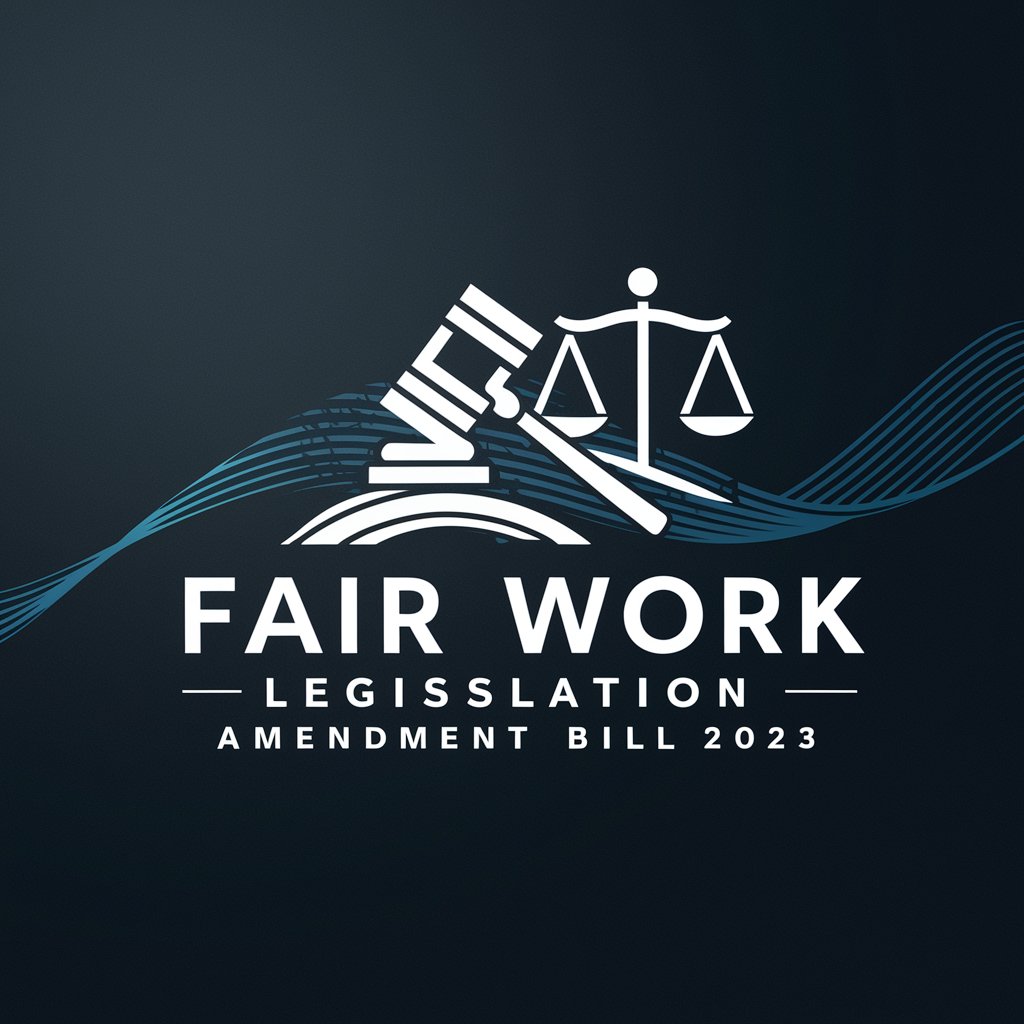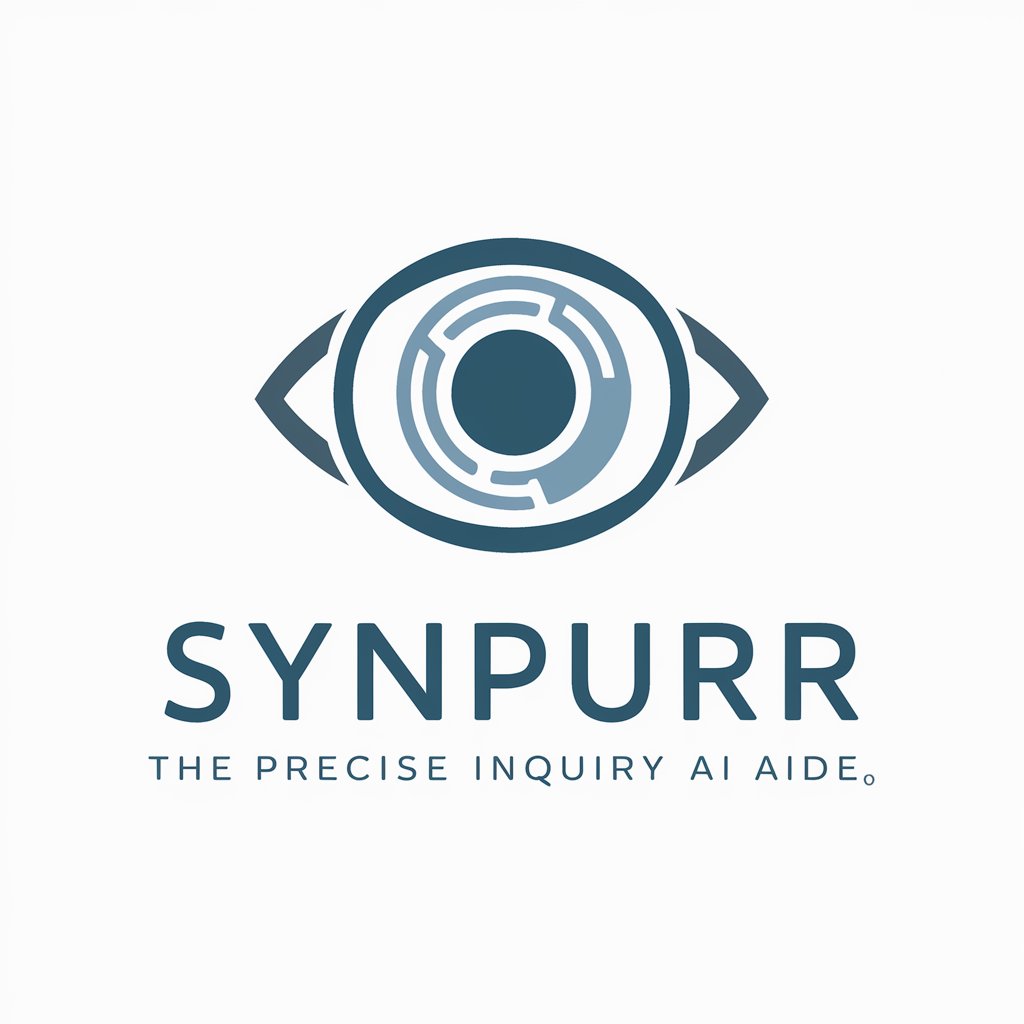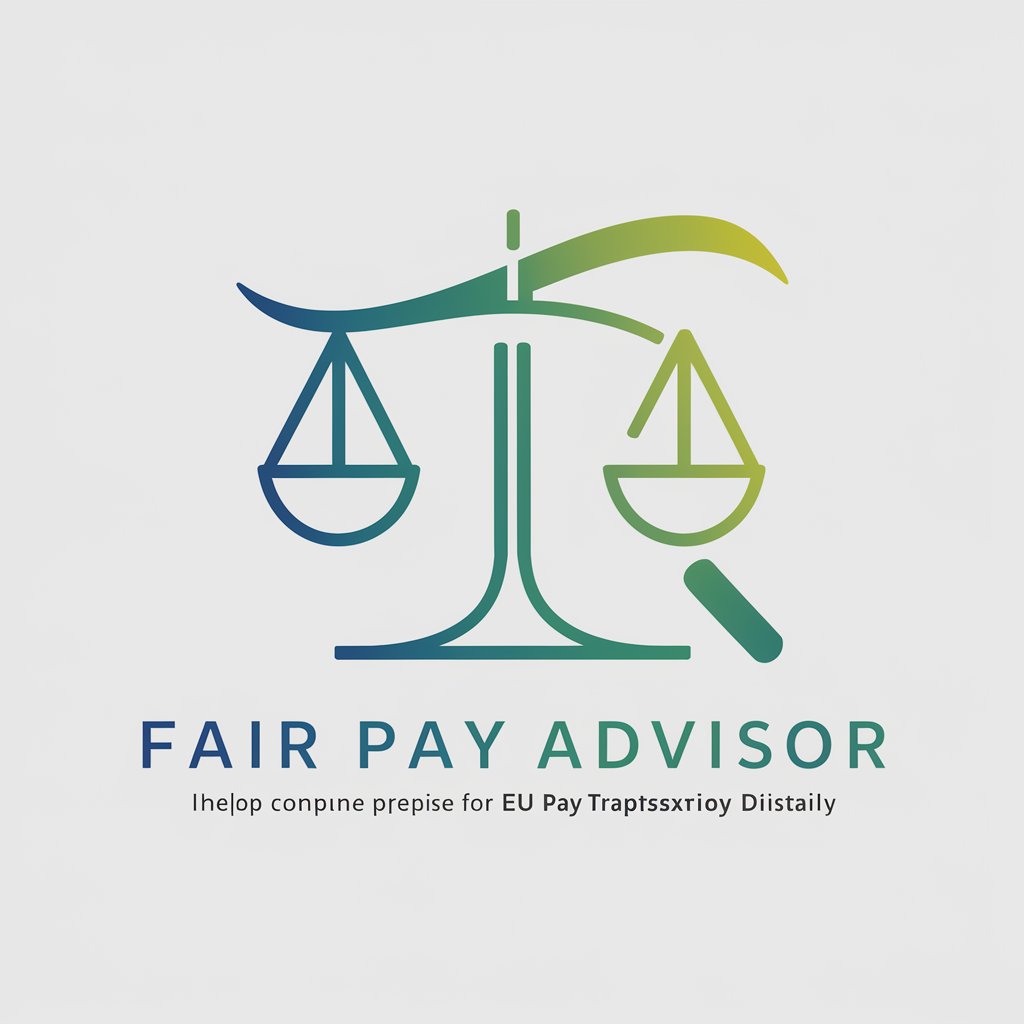
Fair Work Legislation Amendment Bill 2023 - Legal Insights on Amendments

Welcome! How can I assist you with the Fair Work Legislation Amendment Bill 2023 today?
Empowering compliance with AI-driven legal insights
Can you explain the main objectives of the Fair Work Legislation Amendment (Closing Loopholes) Bill 2023?
What are the key changes introduced in the 2023 amendment to the Fair Work Act?
How does the Fair Work Legislation Amendment Bill 2023 impact casual workers?
What are the practical implications of the new protections for gig economy workers under the 2023 amendment?
Get Embed Code
Introduction to Fair Work Legislation Amendment Bill 2023
The Fair Work Legislation Amendment Bill 2023 is a significant legislative proposal intended to refine and enhance Australia's existing employment laws, under the Fair Work Act. Its primary purpose is to close identified loopholes and ensure that employment practices across the nation are fair, equitable, and reflective of modern work environments. This bill addresses several key areas, including but not limited to, enhancing protections for vulnerable workers, improving the clarity and enforcement of employment contracts, and extending the coverage of workplace laws to new and emerging forms of employment. For example, it might include provisions to better regulate gig economy workers, ensuring they have access to fair work conditions and entitlements traditionally reserved for permanent employees. Powered by ChatGPT-4o。

Main Functions of Fair Work Legislation Amendment Bill 2023
Enhancing Protections for Vulnerable Workers
Example
Introducing tougher penalties for employers who underpay workers or fail to provide safe working conditions.
Scenario
A scenario might involve a gig economy company being required to ensure their workers are paid at least the minimum wage and receive entitlements like sick leave, which they previously did not.
Clarifying Employment Contracts
Example
Making it mandatory for employers to provide clear, written contracts outlining job roles, hours, and entitlements.
Scenario
This could apply to a small business that employs casual staff, ensuring both parties have a clear understanding of employment conditions, thus reducing disputes.
Extending Coverage of Workplace Laws
Example
Including provisions that apply workplace laws to gig economy workers, who were previously classified as independent contractors.
Scenario
A delivery driver working for a food delivery app could now be entitled to minimum wage, overtime pay, and other benefits, providing greater financial security and workplace rights.
Ideal Users of Fair Work Legislation Amendment Bill 2023 Services
Employers and Business Owners
This group includes small to large enterprises that employ staff and need to stay compliant with updated employment laws. They benefit from understanding new obligations to ensure fair treatment of employees and avoid legal penalties.
Employees and Workers
Individuals employed across various sectors, especially those in vulnerable positions or gig economy roles, stand to gain from enhanced protections and rights, ensuring fair pay and safe working conditions.
Legal Professionals and HR Consultants
Experts who advise businesses and individuals on employment law will find the bill crucial for providing accurate, up-to-date advice, helping clients navigate the changes in legislation effectively.

How to Use the Fair Work Legislation Amendment Bill 2023
Begin Your Journey
Start by accessing a platform that offers insightful legal analysis, such as visiting a specialized legal website that provides a trial without the need for registration or a subscription to ChatGPT Plus.
Understand the Basics
Familiarize yourself with the fundamentals of the Fair Work Legislation Amendment Bill 2023 by reviewing official summaries and explanatory memorandums available on government websites.
Identify Relevant Sections
Pinpoint the sections of the bill that are most relevant to your situation, whether you're an employer, employee, or legal professional, to understand specific rights and obligations.
Practical Application
Apply the knowledge gained to practical scenarios in your workplace or legal practice, ensuring compliance with new legislative requirements and understanding any changes to employment conditions.
Stay Updated
Regularly check for updates and further guidance on the bill, as interpretations and applications may evolve over time through case law and additional regulations.
Try other advanced and practical GPTs
Smoke Buster
Quit smoking with a smirk.

Novelty
Uncover the Uniquely Quirky

DJ Name Generator
Craft Your Unique DJ Identity with AI

Dog Name Generator
Crafting unique names with AI precision.

Name that Color
Imaginative AI-Powered Color Naming

Creature Creator
Ignite imagination with AI-powered creation

Fintech Focus 2023
Empowering fintech strategy with AI-powered insights

Synpurr
Empowering you with AI-driven assistance.

Animals
Discover the Animal Kingdom with AI

Healthy Eating Coach
Empowering your dietary journey with AI

Apolln Topic Key Extractor
Unlock insights from Korean text with AI precision.

Citizen Developer Assistant
Empowering Innovation with AI-Assisted Development

Detailed Q&A on the Fair Work Legislation Amendment Bill 2023
What is the purpose of the Fair Work Legislation Amendment Bill 2023?
The bill aims to close existing loopholes in employment law, enhancing protections for workers, ensuring fairer working conditions, and improving clarity for employers about their obligations.
How does the bill affect casual employment?
It introduces clearer definitions for casual employment, provides a pathway for casual workers to transition to permanent employment, and outlines conditions under which casuals are entitled to certain benefits.
What changes does the bill make to dispute resolution?
The bill streamlines dispute resolution processes in the workplace, making it easier and faster for employees and employers to resolve conflicts, especially those relating to unfair dismissal and underpayment.
Does the bill introduce any new penalties for non-compliance?
Yes, it increases penalties for employers who knowingly violate the Fair Work Act, including harsher fines and potential legal actions for serious breaches such as underpayment of wages.
How can organizations prepare for the changes introduced by the bill?
Organizations should review their current employment practices, update policies and contracts to comply with the new legislation, and consider training for HR and management on the implications of the bill.





